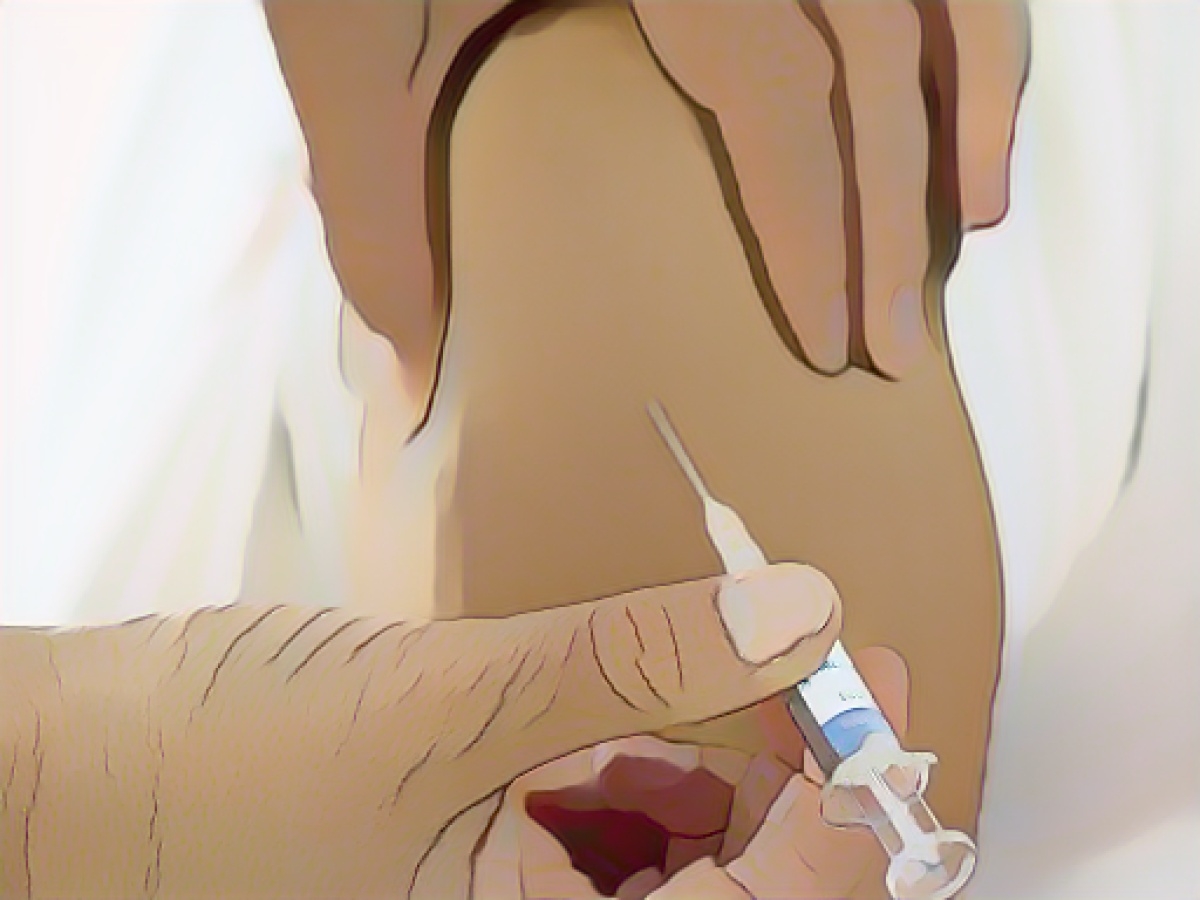HPV vaccination rate among adolescents "worryingly low"
According to a new analysis, vaccinations against certain cancers are in sharp decline among children and adolescents. This is particularly evident among 15 to 17-year-old boys, according to an analysis by health insurer DAK-Gesundheit of its policyholders, which is available to Deutsche Presse-Agentur.
Here, first-time vaccinations against human papillomavirus (HPV) fell by 42 percent in 2022 compared to the previous year. In the entire age range of 9 to 17 years, there was a decrease of 31 percent for boys and 21 percent for girls.
What does the vaccination help against?
Human papillomaviruses (HPV) are sexually transmitted and can cause cervical cancer and cancer of the mouth and throat, among other things. The Standing Vaccination Commission recommends vaccination for girls and boys aged 9 to 14. If they have not been vaccinated by then, they advise them to get it by the age of 17. Two or three doses of vaccine are required.
The Professional Association of Pediatricians and Adolescent Doctors describes the vaccination rate as "worryingly low". President Thomas Fischbach said that he could only speculate as to how this massive decline could be explained.
"The HPV vaccination has certainly received less attention at times due to the high media attention surrounding the coronavirus vaccination. I can also observe a slight increase in vaccination skepticism, triggered by the many discussions about the supposed consequential damage of the coronavirus vaccination." This certainly has an impact on the HPV vaccination.
How high is the risk?
According to the Robert Koch Institute, over 6000 women and around 1600 men develop HPV-related cancer in Germany every year. The vaccination - which is administered in adolescence - can protect against this on a large scale. According to the DAK report, around 10 percent of 9 to 17-year-olds received an initial vaccination against HPV in 2020 and 2021, compared to just 7.4 percent in 2022.
- Despite the low vaccination rates, human papillomaviruses (HPV) can lead to serious diseases such as cervical cancer and cancer of the mouth and throat.
- The decline in HPV vaccinations among adolescents may be partially due to the high media attention on coronavirus vaccinations and the subsequent rise in vaccination skepticism.
- The science behind HPV vaccinations is proven effective, as they can help protect individuals against HPV-related cancers on a large scale.
- With the decrease in HPV vaccinations by 31% for boys and 21% for girls in the age range of 9 to 17 years, the number of HPV-related diseases is expected to rise, causing concern about potential disease outbreaks.
Source: www.dpa.com








